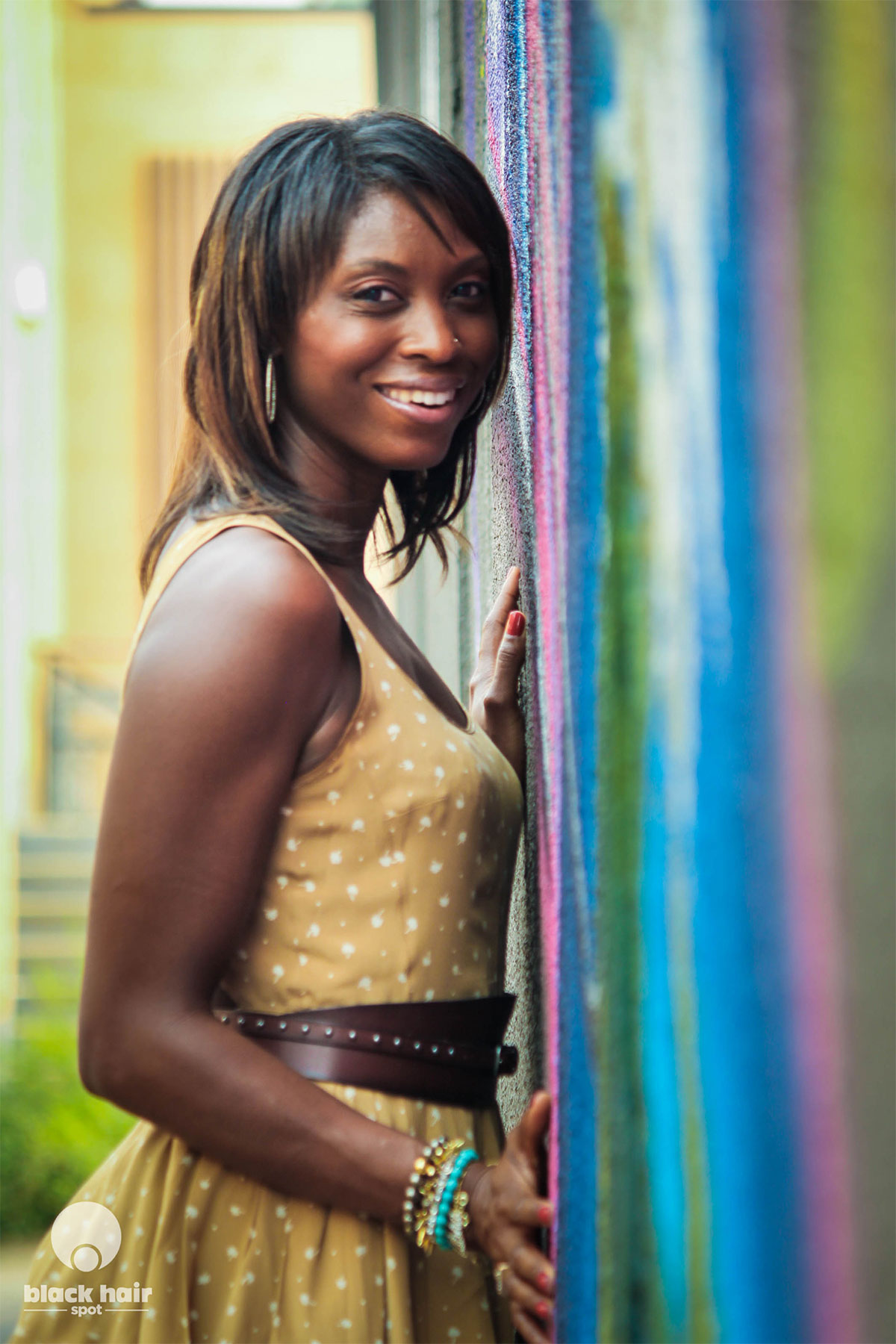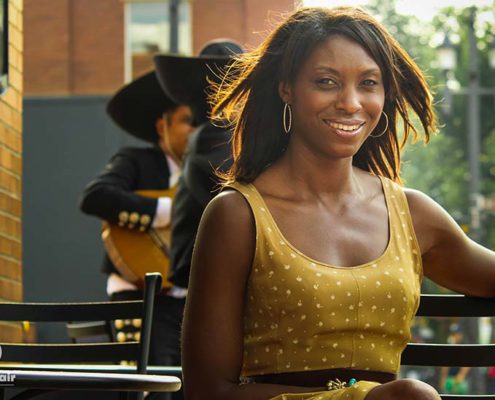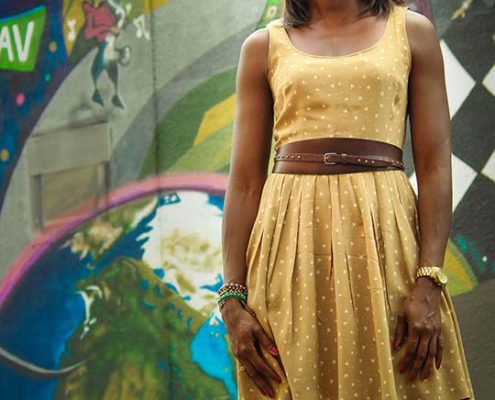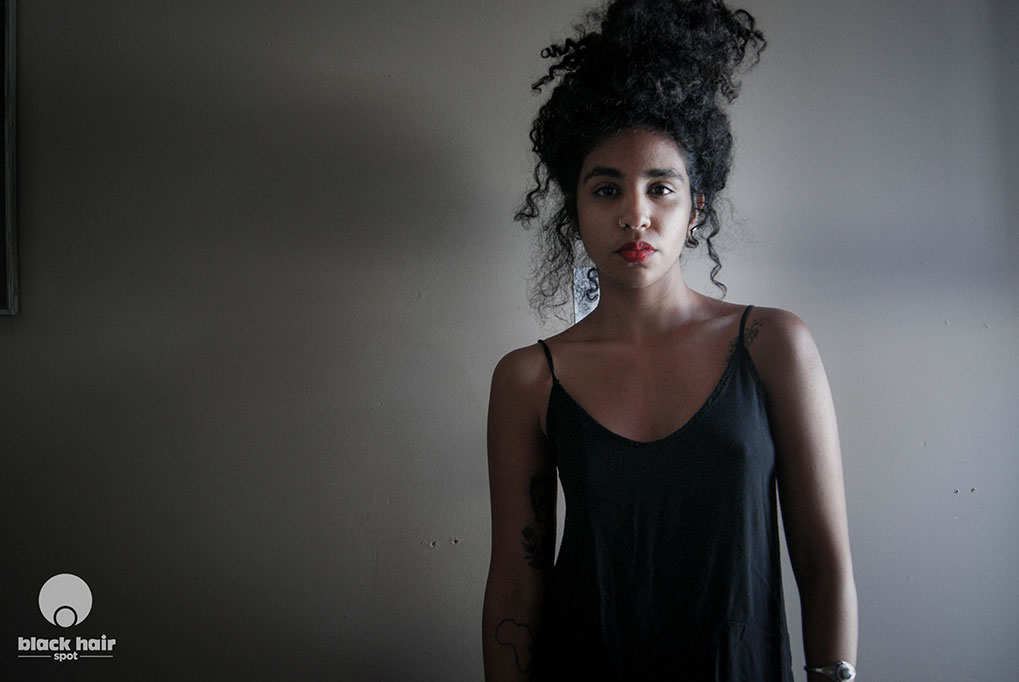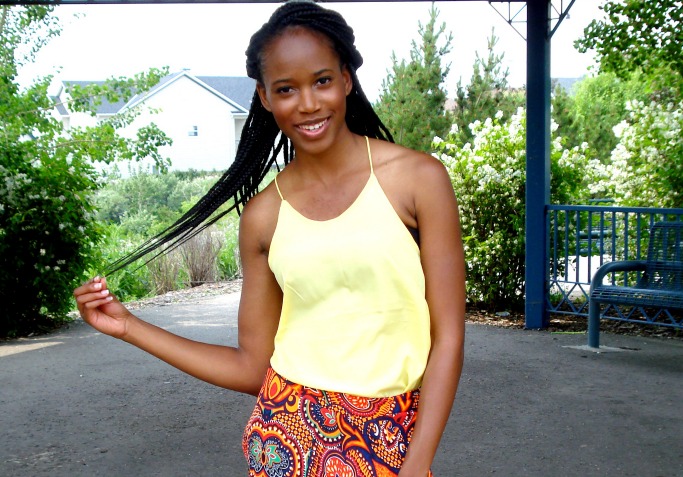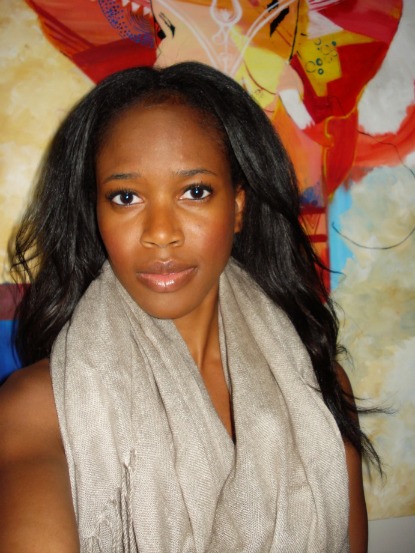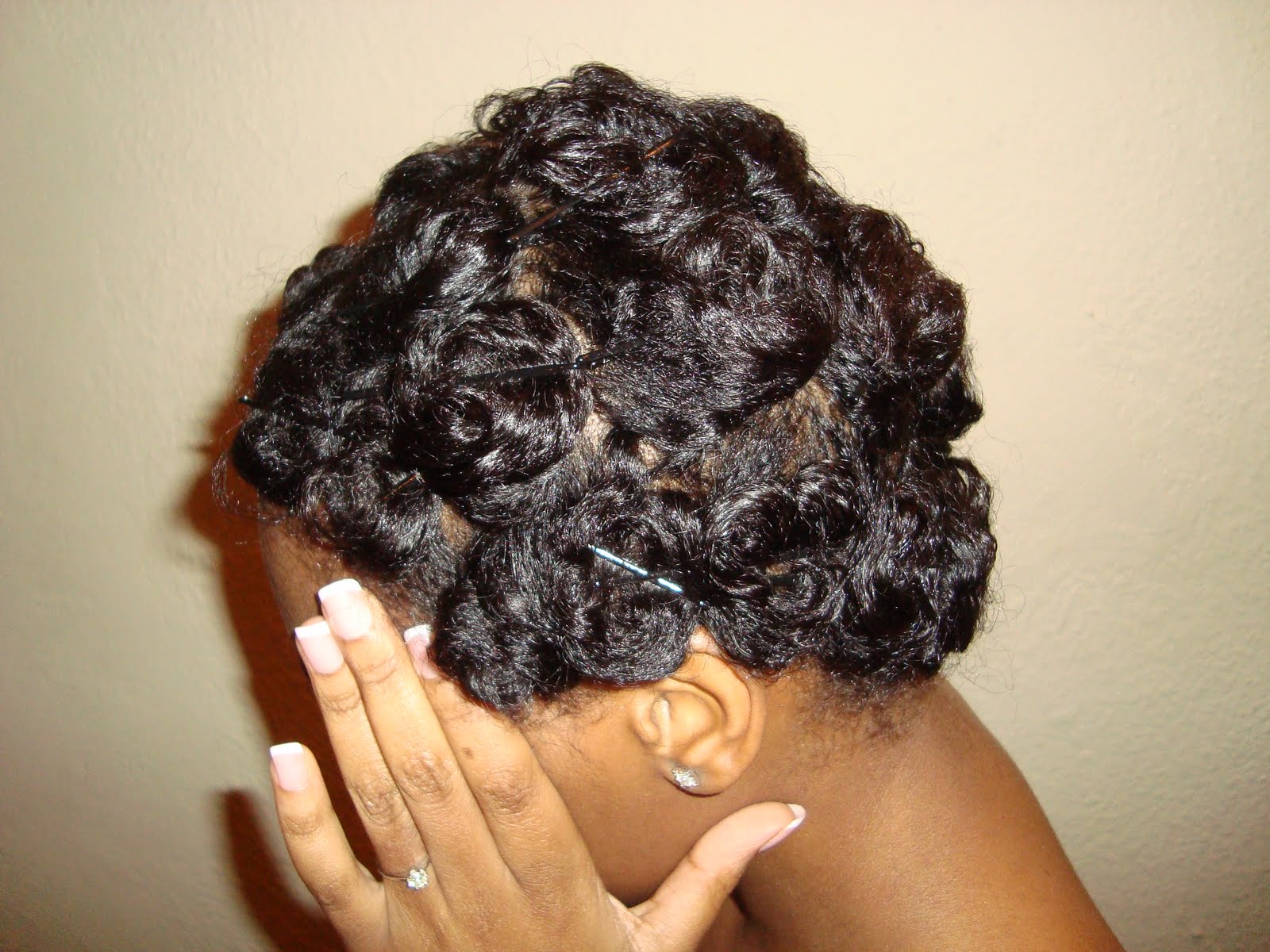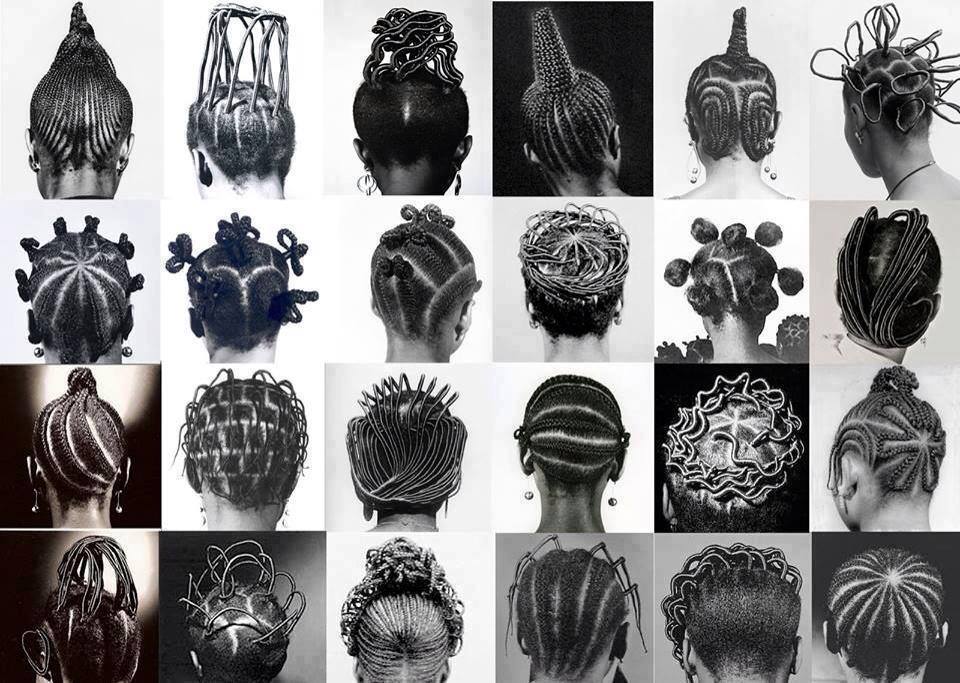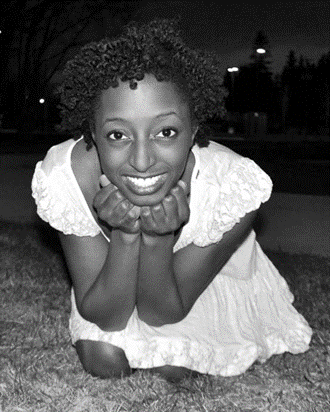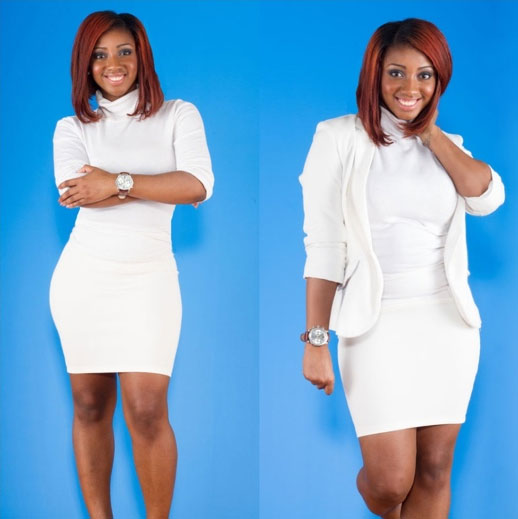
“What I have learned for myself is that I don’t have to be anybody else; and that myself is good enough; and that when I am being true to that self, then I can avail myself to extraordinary things” – Lupita Nyong’o
Back in 2009, with my three high school friends, I started an organization that led to an annual exhibit called AfroChic celebrating black beauty manifested through fashion, art, hair, music, and businesses in a safe community space. AfroChic has since gone on to become what could be considered a staple in Toronto culture. Our mandate has been to provide a positive representation of the black community and culture. Our goals have helped us to foster relationships with a myriad of local based organizations and even global corporations with a similar mission.
Our emphasis on highlighting “natural hair” throughout the exhibit during the fashion show, artwork and overall promotional aesthetic has led many to deem AfroChic as a “natural hair art show”, a categorization we have not only embraced but have also used in our communications marketing strategy. We have created a brand that has thrived off of providing an outlet for women of color to see images of women of color in their natural hair state in a chic and glamorous light. We have worked with women in beauty industries and put them at the forefront of our campaigns to show that their beauty, their gifts, their light are valuable and deserve recognition in a world that may or may not provide similar opportunities.
Over the years, we have experienced some who are in support of the AfroChic mandate as well as those who believe we are divisive and dismissive towards black women by our choice to highlight natural hairstyles (locks, twists, kinks, curls and coils). Outside of these variables, we experience criticism against our personal appearances as a result of this production and its layered relationship with image and community representation. Many have questioned my appearance. People often tell me in varying ways; “If you put on a show about natural hair and all of your marketing, branding and efforts goes towards highlighting the natural hair community – why do you yourself color your hair, wear hair extensions, rock straight weaves, and flat iron your real hair?” “Aren’t you contributing to the self-hate and standardization of the Eurocentric beauty value system that you fight against?”
These are very layered and powerful, important questions that I have never truly felt the need or had the ability to address until now.
When I first “went natural” back in November 2009, and earlier before that back in summer 2004 – I made the decision to stop relaxing my hair simply for financial, health and fashion reasons. Plain and simple. I wanted to try out new hairstyles that would give me the ability to do creative things without having to put costly chemicals in my hair.

There was no real political, social or emotional agenda tied to this decision. I had a great boyfriend at the time who would listen to me talk about how burnt off my edges were and would see me sacrifice some basic necessities for my bi-monthly committed hair perm or treatment. I decided one day I was over the expensive part of permanently straightened hair, and that I would just be chopping it all off and starting fresh. I also thought to myself “damn I don’t even remember what my hair looks like without perm in it.” So I was up for the challenge.
The first day, it was all good and dandy I loved my short crop and was digging my kinky coily texture. Days, weeks and months went by and I started to feel absolutely bored and bland. I tried the Teeny Weeny Afro (TWA) twist out look, I tried putting a flower behind my ear, tried putting on a headband and rocking out but I was truly bored and feeling uncomfortable. My good friends and boyfriend at the time would say very uplifting things to me like; “Don’t worry about it Amoye, it will grow soon, you’ll love it.” But it took forever to grow for me.
After hours and hours of constant YouTube do-it-yourself videos, articles upon articles of “This is my hair journey, it only took 3 years from my TWA to grow my hair to my waist” I started to lose patience and belief in the life-changing ability of natural hair and the internet! I thought to myself; “How long is this thing going to take?” “Don’t I have a graduation coming up?” “I have events to attend and life to live I can’t be so consumed with this natural hair stuff, spending money on all these products – way more money spent than when I was relaxing” “I’m taking back control of my life…” so I bought a few wigs and kept it moving.
My friends and I then formed AfroChic and as I struggled through my TWA phase, the powerful message we tried to connect to our audience started to resonate with me. Our fashion show featured beautiful women who were proud of their natural tresses at all lengths and styles. They mesmerized and wowed the crowd with their confident strides and powerful visual proclamation of self-acceptance. After the first and second show, we had incredible feedback. There were people emailing us left, right and center, telling us that they had just done the “Big Chop” after coming to our show, or that they feel inspired and proud of what we were doing and we should also be proud of ourselves. I was proud of what we created and excited for the future, but I never really tied my personal hair journey into what we were trying to do as much as everyone had wanted. I thought to myself, “just a few more inches and then I’ll do more twist outs” or “in a year or so I’ll start locks” etc. I was never firmly committed to embodying the image I glorified through my show because I began to feel that AfroChic was a movement beyond our personal journeys. Although I was one of the founding members, I was still trying to find that “inner AfroChic” in me – I just was not “there” or “her” yet.
Time has since passed and as we have grown as an exhibit, attracting close to a thousand attendees and supporters over the years combined, I have grown and began to accept me for me. I have begun to trust my ability to express myself and fashion through my hair and styles whether I’m rocking a twist out with the hair growing out of my scalp or marley twists with hair I bought in the store, or straightened hair I bought from an online based black business woman. I have not been as consumed with “natural hair identity” and aligning myself with the AfroChic brand because I have never stated I was here to be a brand. I was here to create an event that showed women, including myself, including my little sister, including my mother that natural hair styles and natural beauty is attainable and it exists. Natural hair, is not some foreign look that is only sported by girls with “good hair” or those who do not have “professional jobs” or women who cannot afford to go to the salon. We highlight 4C hair, we highlight 3A hair because at times, we do not see our own selves in the systems and structures that rely on our subscriptions and our dollars for support.
The beauty and entertainment industry have recently gone crazy over Lupita Nyongo, and for understandable reasons – the woman is drop dead gorgeous. I am absolutely certain that through her existence alone, thousands, probably even millions of little girls can confidently look into the mirror and feel they are beautiful, they are accepted and desired just as they are. And even the Melissa’s, Fatima’s, Hyancinth,’s Latoya’s of our community who do not have the perfectly smooth chocolate skin, high cheek bones, perfectly chiseled TWA’s and world-class Harvard education – I think they too feel a sense of pride when they see Lupita gracing TV screens across the globe.
And now that “society” has given her a platform and recognizes her beauty as the new standard, this creates space for more dialogue and will hopefully usher in more support for women the sexy and voluptuous size of Jill Scott or those without the commanding hips and curves of Nicki Minaj or Beyonce. Lupita has re-ignited this dialogue for an incredibly large audience and unintentionally created a new standard of beauty through her brand and identity.
As a black woman communicating in a space with other black women and sisters of color, I personally feel the need to continue dialogue around the topic of self-representation and further re-examine the ways in which our obsession with hair texture and naturally hair styling can sometime lead to oppression. When did being “natural” make you more “conscious” and more “down to earth?” When did having straight hair, or wearing a weave make you “insecure” or “weak” in the context of black beauty and identity?

Amoye Henry is a Project Manager based out of Toronto Canada. She is the co-founder of AfroChic, a cultural arts exhibit that thrived in Toronto from 2009-2014. She currently works in health care and tries to travel as much as she can. She loves hard and triumphs often.
As a black woman communicating in a space with other black women and sisters of color, I personally feel the need to continue dialogue around the topic of self-representation and further re-examine the ways in which our obsession with hair texture and naturally hair styling can sometime lead to oppression.






